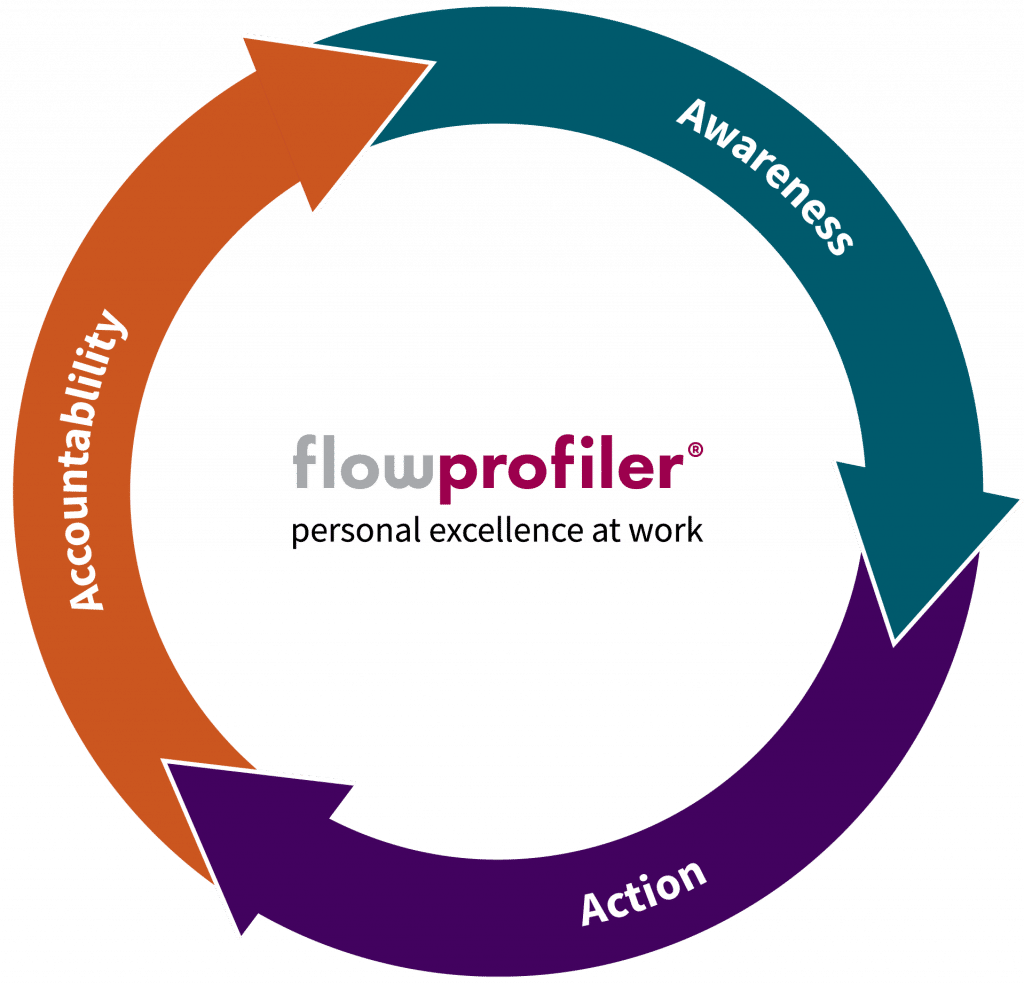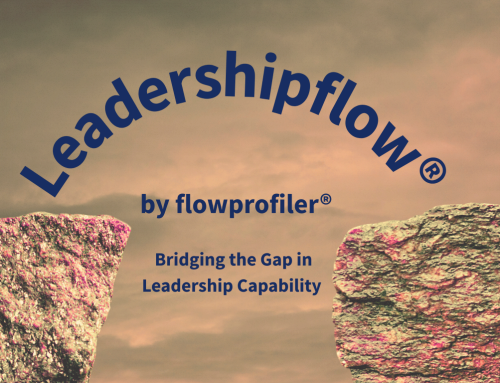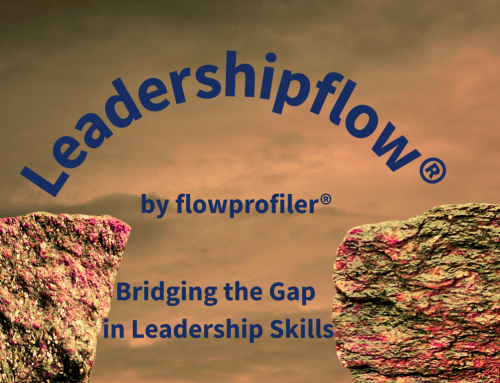Creating a robust strategy is often touted as the hallmark of leadership success. Yet, countless organisations witness the disconnect between strategy creation and its effective execution. While a well-crafted strategy lays the foundation for success, it is the implementation that transforms vision into reality. So, why do so many leaders struggle to translate plans into actionable outcomes? Here are the top three reasons why leaders fail to implement strategy effectively:
1. Lack of Alignment Across Teams
A strategy is only as strong as the people executing it. One of the primary reasons leaders falter in implementation is the inability to align their teams around the strategic vision. Miscommunication or inconsistent messaging can lead to confusion, fragmented efforts, and conflicting priorities. If team members don’t fully understand the strategy or their role in achieving it, execution stalls.
A 2019 report by McKinsey found that only 14% of employees understand their company’s strategy and its implications for their daily work. This lack of alignment often leads to fragmented execution, with teams working at cross-purposes.
How to Overcome This: Leaders must invest in clear communication and create an environment of shared purpose. Tools like flowprofiler® can help assess and develop behaviours such as collaboration and regard for others, ensuring teams work cohesively. When people understand how their contributions drive the overall vision, alignment becomes second nature.
2. Overlooking Critical Behaviours in Leadership
Strategy often fails in execution not because of insufficient planning but due to gaps in leadership behaviours. Technical skills such as financial forecasting or project management are essential, but they must be paired with critical behaviours like adaptability, emotional regulation, and resilience to navigate challenges during implementation.
In the aviation industry, leaders must adapt rapidly to disruptions. The 2020 Boeing crisis highlighted how a lack of resilience and adaptability at leadership levels exacerbated operational challenges, delaying strategic recovery efforts. Similarly, PwC’s 2020 Global Crisis Survey found that 73% of organisations that successfully navigated crises credited resilient leadership behaviours as key factors.
How to Overcome This: Behavioural assessments such as flowprofiler® identify over- or underutilised behaviours in areas like emotional intelligence and resilience. Developing a balanced and proportional approach to these behaviours ensures leaders can guide their teams through the complexities of strategy execution.
3. Failing to Build Accountability Mechanisms
Without accountability, even the most inspired strategy can falter. Leaders often fail to establish clear metrics, regular check-ins, and mechanisms to track progress. This lack of structure results in missed deadlines, unchecked assumptions, and diminished momentum. Employees may lose focus or fail to prioritise strategic objectives when they don’t feel accountable for their part in the plan.
Research by Harvard Business Review highlights that companies with a strong culture of accountability are 2.5 times more likely to achieve high performance. However, Gallup data indicates that only 30% of employees feel their managers hold them accountable, highlighting a significant gap.
How to Overcome This: Effective leaders prioritise accountability by breaking down strategies into measurable goals and assigning ownership at every level of the organisation. Regular reviews and feedback loops are essential to monitor progress, address roadblocks, and celebrate wins. Behavioural dimensions such as self-confidence and perseverance, both measurable through flowprofiler®, help foster a culture of ownership and commitment within teams.

The gap between strategy and execution often lies in leadership behaviours, team alignment, and accountability frameworks. While skills are crucial, behaviours are the linchpin that ensures strategies are implemented with precision and impact. Organisations that invest in understanding and developing these behaviours, alongside technical competencies, position themselves to overcome the common pitfalls of execution.
Leadership is not merely about crafting a vision; it’s about the behaviours and actions that bring it to life. By addressing these top three barriers, leaders can create the momentum needed to transform strategy into measurable success.
flowprofiler®’s Leadership in flow series is designed to support leaders develop the skill-based and behavioural based competencies to successfully bring strategic intent to reality. Reach out to us at hello@flowprofiler.com to find out how we can help.
References
- Gallup. (2022). “The State of the Global Workplace.”
- Harvard Business Review. (2015). “Accountability: A Key Ingredient for Performance.”
- McKinsey & Company. (2019). “How to Turn a Great Strategy into Great Performance.”
- PwC. (2020). “Global Crisis Survey 2020.”
- flowprofiler®. “flowprofiler® | An Overview.” (flowprofiler.com)




